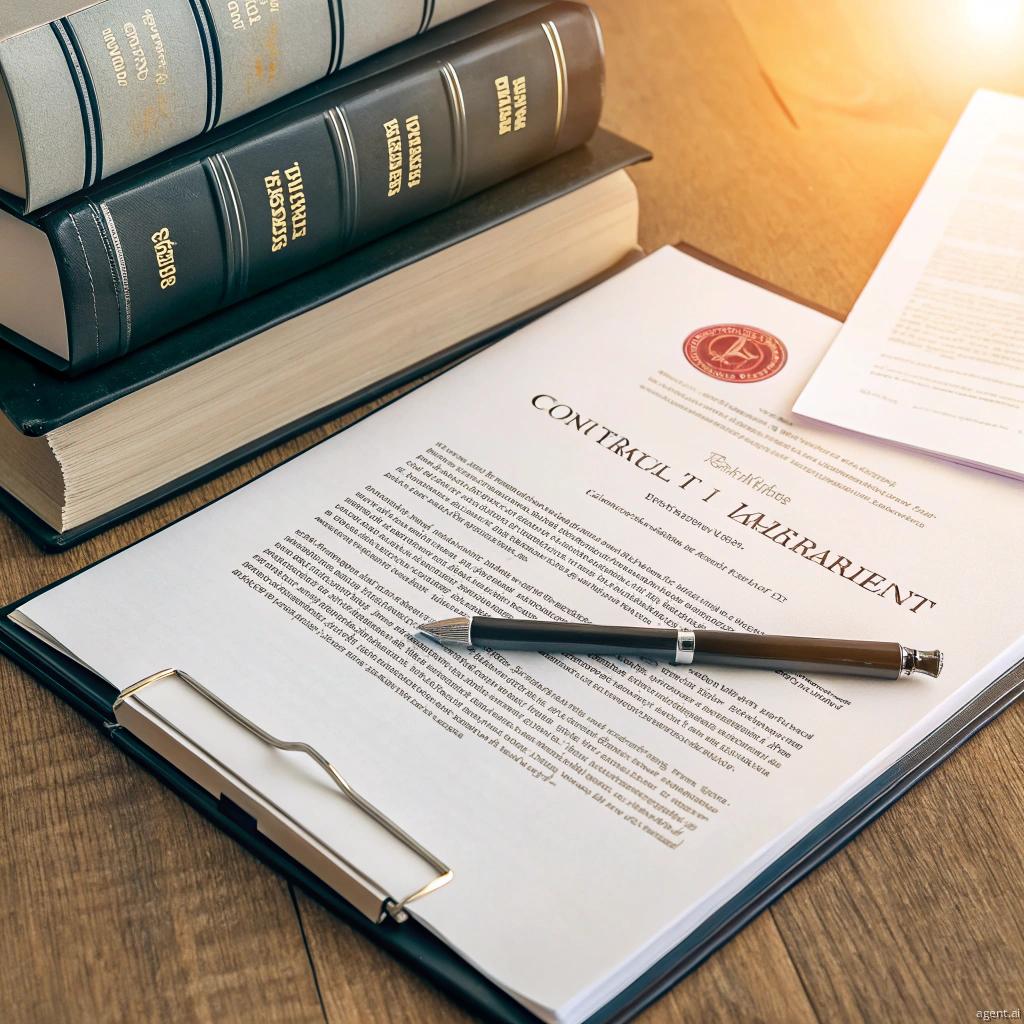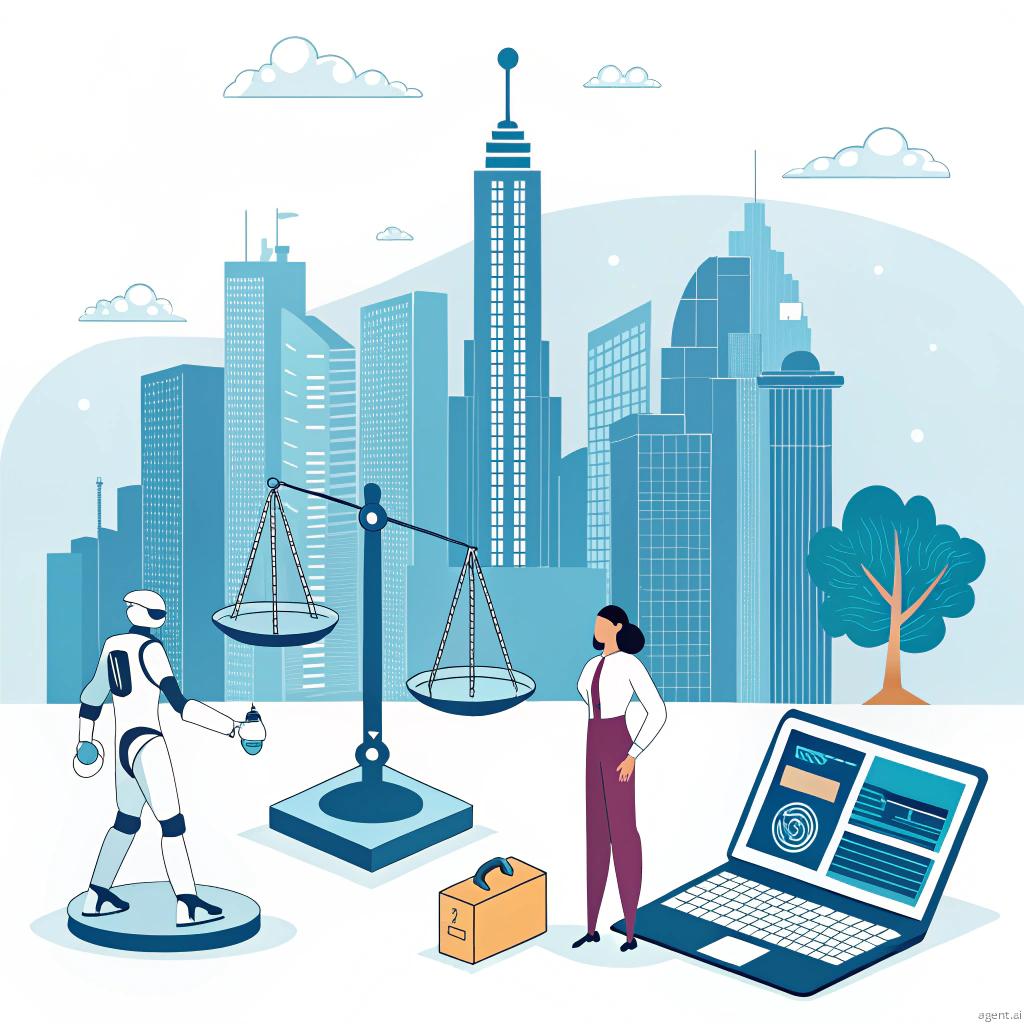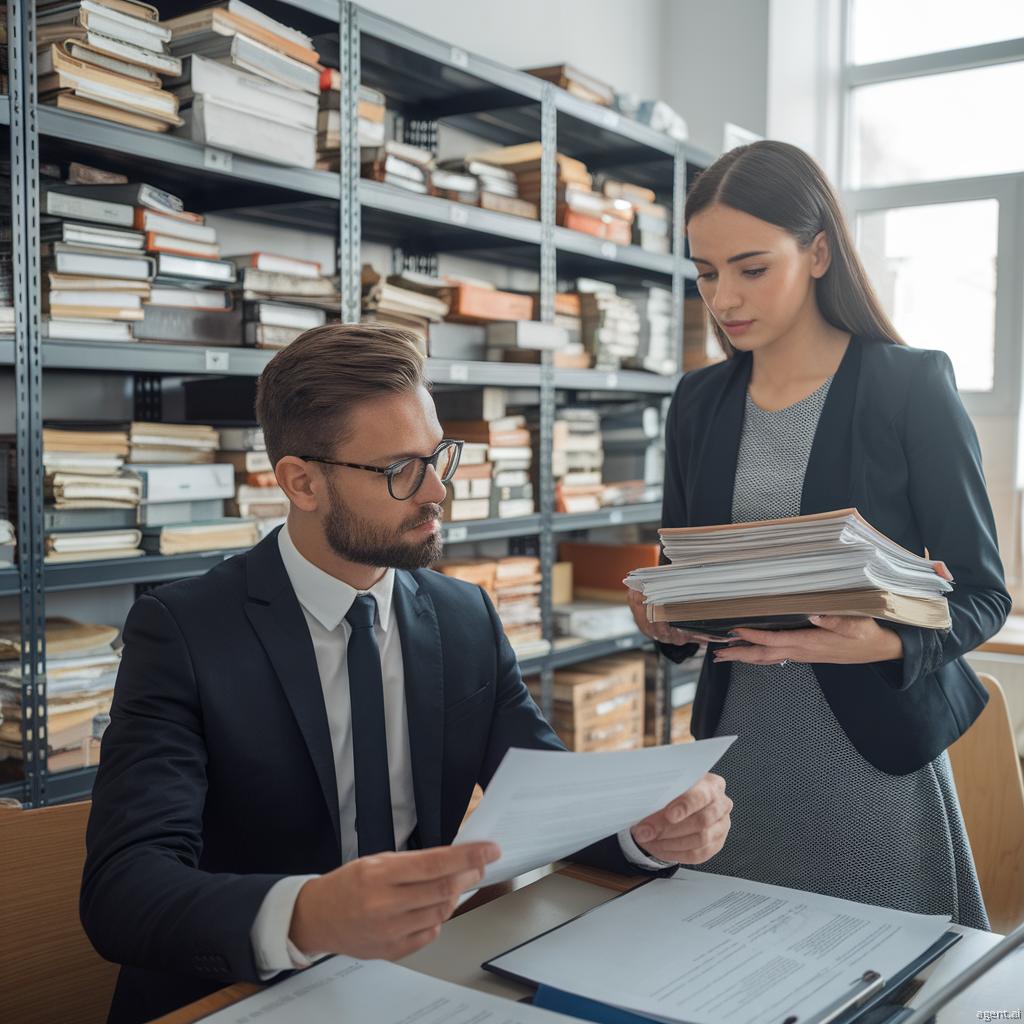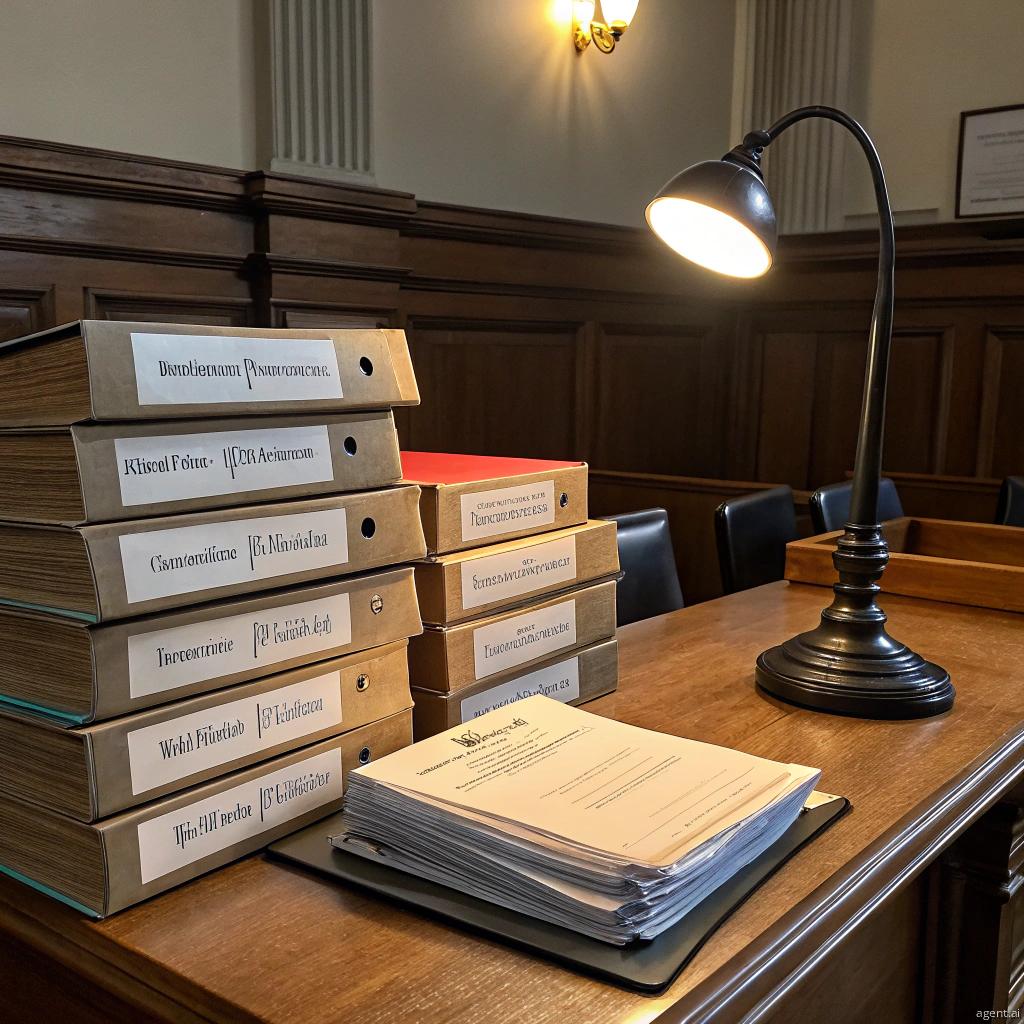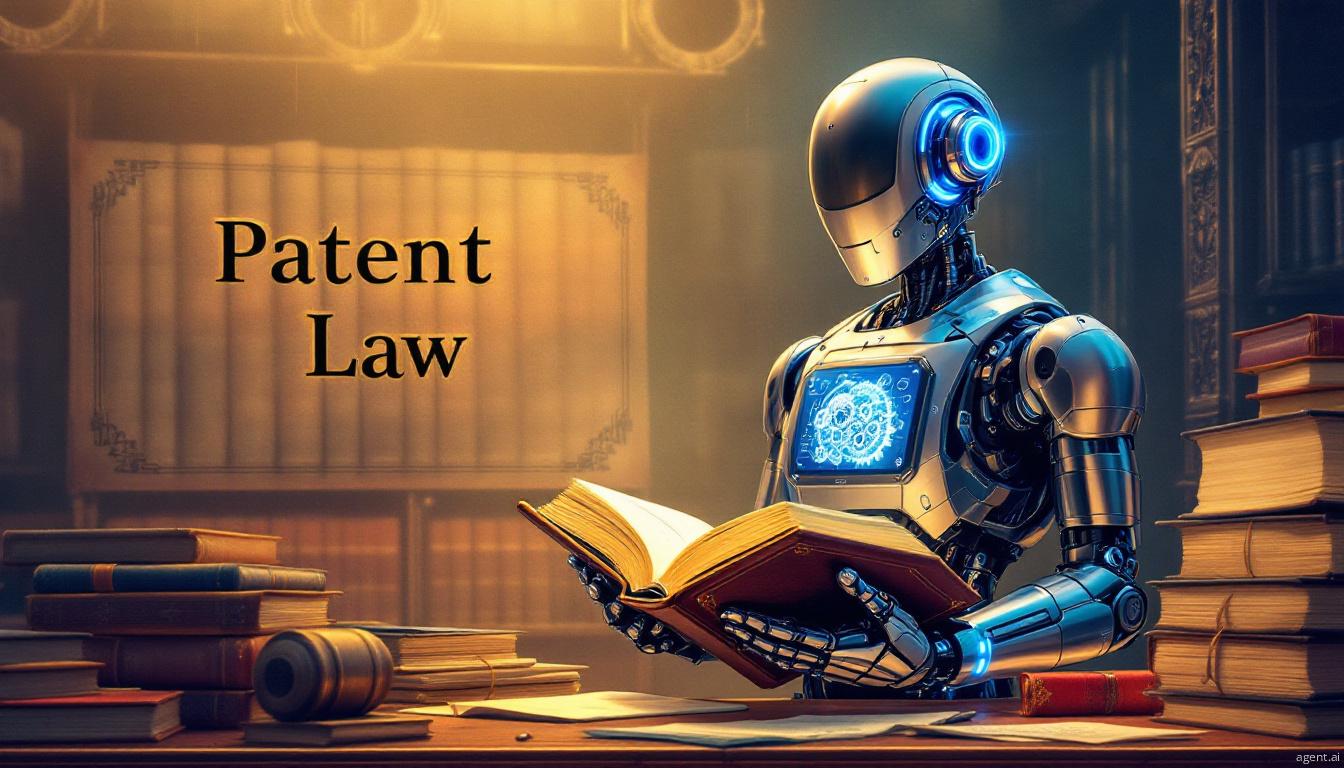A contract and agreement overcome the law.
In the mystical land of Veritatem, where ancient traditions and laws were held in high regard, there lived a young woman named Livia. She was known for her unconventional ways and rebellious spirit that often clashed with the strict conventions of her society.
One day, a decree was passed by the high council stating that all citizens must adhere strictly to the ancient law of "Conventio et Modus Vincunt Legem" which meant "Convention and Moderation Conquer the Law". This law required everyone to follow the established customs and traditions without question, believing that it would bring order and harmony to the land.
Livia, however, was determined to challenge the status quo. She believed that blind conformity stifled individuality and creativity. Instead of blindly following the conventional ways, she embarked on a journey to discover new paths and forge her own destiny.
As she ventured into the depths of the enchanted forest that surrounded the land of Veritatem, Livia encountered mythical creatures and faced numerous challenges along the way. With courage and determination, she overcame each obstacle, learning valuable lessons about strength, resilience, and the power of thinking outside the box.
Through her adventures, Livia met a wise old sage who revealed to her the deeper meaning behind "Conventio et Modus Vincunt Legem". He explained that while tradition and moderation were important, true greatness could only be achieved by embracing change, innovation, and daring to be different.
Inspired by the sage's words, Livia returned to Veritatem and shared her newfound wisdom with her fellow citizens. Together, they began to question the old ways and explore new possibilities, gradually transforming their society into a place of endless potential and boundless creativity.
In the end, Livia's fearless spirit and unconventional approach not only challenged the ancient law of "Conventio et Modus Vincunt Legem" but also reshaped the very fabric of her world. Her legacy lived on as a reminder that true power lies in breaking free from the constraints of convention and embracing the limitless possibilities of imagination and innovation.
A Contract and Agreement Overcome the Law
In the world of legalities, contracts and agreements play a vital role in ensuring smooth transactions and resolving disputes. But can a contract and agreement actually overcome the law? Let's dive into this complex topic and explore the dynamics between legal documents and the law itself.
Understanding Contracts and Agreements
Contracts and agreements are legally binding documents that outline the terms and conditions of a transaction or relationship. These documents serve as a roadmap for both parties involved, laying out their rights, responsibilities, and obligations. Whether it's a simple rental agreement or a complex business contract, these documents are crucial for defining the parameters of the relationship and protecting the interests of all parties.
The Power of a Well-Defined Contract
A well-drafted contract can indeed override certain aspects of the law. For example, if two parties agree to waive their right to a trial by jury in a contract, the court will typically uphold that agreement. Similarly, parties can establish their own dispute resolution mechanisms in a contract, bypassing traditional legal processes. The key here is clarity and specificity - the more detailed and comprehensive the contract, the better it can override legal defaults.
When Agreements Conflict with the Law
While contracts can wield significant power, they are not invincible against the law. In situations where a contract conflicts with established legal principles or public policy, the court may intervene to void certain provisions. For example, a contract that promotes illegal activities or violates basic human rights will not be upheld in a court of law. It's essential to ensure that your agreements are in alignment with legal standards to avoid any potential challenges.
Enforcing Contracts Through Legal Means
If a dispute arises over a contract or agreement, the legal system provides mechanisms for resolution. Parties can seek redress through litigation, arbitration, or mediation, depending on the nature of the dispute and the terms outlined in the contract. The law serves as a guiding framework for interpreting and enforcing contracts, ensuring that both parties adhere to their obligations.
Conclusion
In conclusion, while contracts and agreements hold significant weight in legal proceedings, they are not above the law. These documents serve as tools for defining and governing relationships, but they must adhere to legal standards and principles. By crafting clear, comprehensive contracts and agreements, parties can navigate complex legal issues and mitigate potential conflicts. Remember, a well-drafted contract is a powerful tool, but it must always operate within the bounds of the law.
By crafting concise, comprehensive contracts, parties can navigate complex legal issues and mitigate potential conflicts. Remember, a well-drafted contract is a powerful tool, bound by the law.

